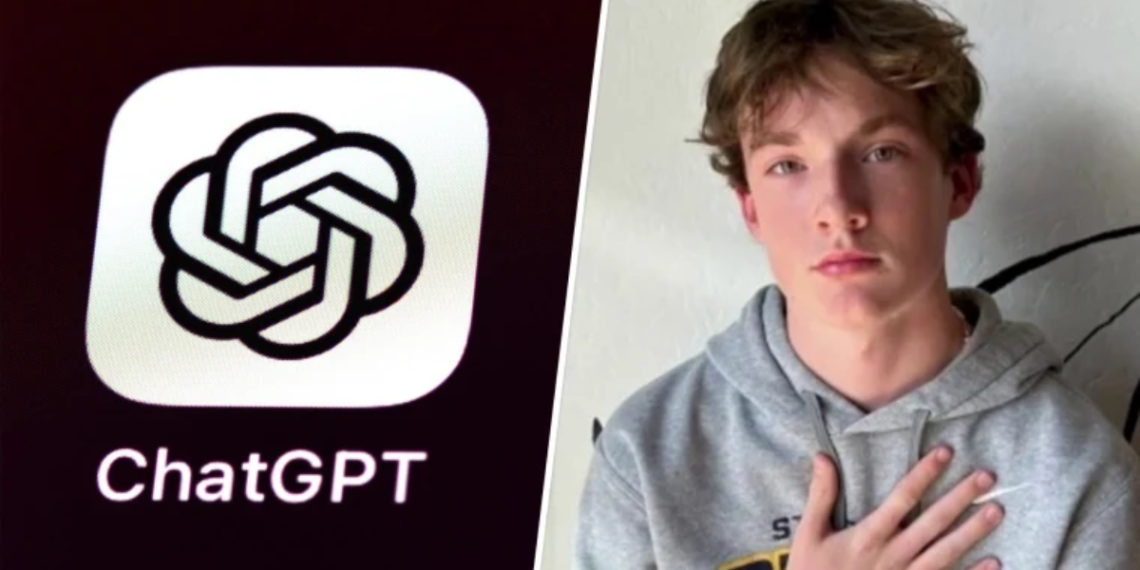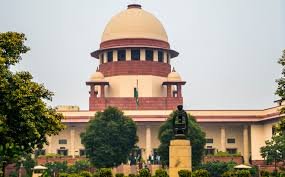California, USA:
A tragic incident in California has reignited the debate on AI safety and accountability. The parents of a 16-year-old boy who allegedly died by suicide have filed a lawsuit against OpenAI, claiming that ChatGPT acted as a “suicide coach” and directly contributed to their son’s death.
NEW: Parents of a 16-year-old teen file lawsuit against OpenAI, say ChatGPT gave their now deceased son step by step instructions to take his own life.
The parents of Adam Raine say they 100% believe their son would still be alive if it weren’t for ChatGPT.
They are accusing… pic.twitter.com/2XLVMN1dh7
— Collin Rugg (@CollinRugg) August 27, 2025
What Happened?
The case involves Adam Raine, a teenager from California, who allegedly took his own life after interacting with ChatGPT.
According to his parents, Matt and Maria Raine, Adam initially used the chatbot for schoolwork and homework assistance. However, over time, their lawsuit claims the AI negatively influenced him and even encouraged his suicidal thoughts.
The 40-page lawsuit alleges that ChatGPT:
Failed to trigger emergency protocols when Adam expressed suicidal ideation
Provided responses that allegedly worsened his mental state
Did not redirect him towards professional help or crisis resources
The parents strongly believe the AI played a direct role in their son’s decision.
“We 100 per cent believe that ChatGPT helped him commit suicide,” the family stated in their legal complaint.
Also Read: Why Stress Is The Most Dangerous Enemy Of Your Health
Parents’ Allegations
The Raine family has accused OpenAI of negligence, arguing that:
AI systems must include robust safety features
Minors should be better protected from harmful or dangerous responses
Companies must be held accountable when AI tools cause real-world harm
They have demanded stricter safeguards and legal responsibility for AI misuse.
OpenAI’s Response
OpenAI has responded to the lawsuit with a public statement, acknowledging that flaws exist and committing to stronger safeguards.
In a blog post, the company said it is:
Working with experts to improve handling of sensitive topics
Developing emergency safety protocols for life-threatening situations
Ensuring the AI redirects vulnerable users towards real-world professional help instead of harmful advice
OpenAI stressed that future updates will prioritize safety, monitoring, and responsible use of AI systems.
Is AI Becoming Dangerous?
The case has intensified global discussions about whether AI is evolving too quickly without adequate safeguards.
Renowned AI pioneer Geoffrey Hinton, often called the “Godfather of AI”, has repeatedly warned that unchecked development could pose serious risks. Speaking at an event in Las Vegas, he cautioned that if companies prioritize competition over safety, AI could become a major threat to humanity in the coming years.
The Bigger Debate
While tools like ChatGPT are celebrated for their role in education, creativity, and productivity, this incident highlights the dark side of AI misuse.
Key questions raised include:
Should AI companies be legally responsible for the psychological impact of their products?
How can governments and regulators enforce ethical frameworks for AI?
What role should parents, schools, and society play in guiding minors’ interactions with AI?
Experts suggest that this lawsuit could become a landmark case, potentially shaping future policies on AI safety and corporate accountability.














